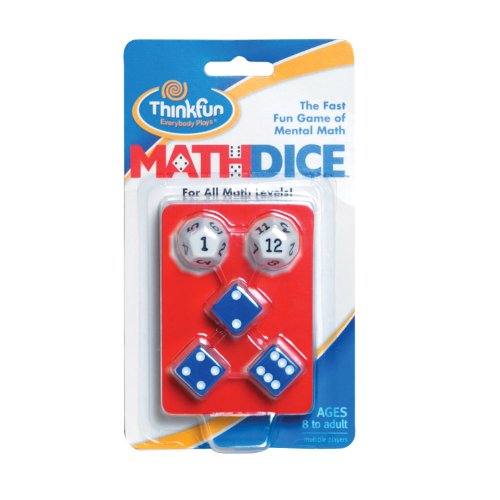A parent's greatest contribution to a child's educational growth should come before the child ever begins his formal education. Parents can leave it to the schools to teach their child to read or count or write his name. But a child's best educational opportunities and future growth depend on the combined effort of parent, teacher, and student.
There is a world of difference in the child whose parents are actively involved in his learning, and the child who is totally left on his own. It's a difference not only in ability, in quality of work, but also in attitude and self-image. A child's first school is the home, so the toys that his parents select for him should not only keep him amused and occupied, but also develop his physical, mental and emotional well-being. The market for educational toys has thus been opened.
Educational Games For Toddlers
Mainly addressing the clamor for toys accepted by child psychologists, toy manufacturers have come up with a wide array of toys that promise hours of fun and excitement to the child, and at the same time, meet the requirements set by these experts.
Educational Toys For Kids

Introducing the most flexible, competitive math game ever invented! Players use combinations of operations including: addition, subtraction, multiplication, division, or even powers, to generate equations whose result is closet, or equal to, the Target Number. Features: Three 6-sided dice and two 12-sided dice; cotton drawstring bag and instruction booklet with lessons and examples; web activities for kids, adults and teachers, improves and builds fundamental math skills.
Game-go storage bag
- Two target dice and three scoring dice
- Lesson booklet
- Game-go storage bag
- Teaches mental math skills
- For ages 8 years and above
Please Check Update Here!!!

- Rory's Story Cubes
- Math War Multiplication Game Cards
- Math War Addition and Subtraction Game Cards
- Scrambled States
- Rory's Story Cubes - Actions
If it is true that no one ever steps into the same river twice, it is also true that no child ever plays with the same toy twice. As the child enters each stage of growth, his play changes; and as his play changes, the toy is also transformed. Psychologists have studied the evolution and development of a child's intellect, as pioneered by Swiss psychologist Jean Piaget, by closely observing children. They have come out with a trove of realities on how toys, educational or otherwise, affect the child's multiple intelligences.
An interesting sidebar to these findings is the fact that toys and toy advertising have powerful effects on the ways children construct their gender identities. Girls between the ages of five to eight who are exposed to Barbie dolls feel worse about their bodies than girls exposed to dolls with more realistic physiques. Female-stereotyped toys tend to promote the most complex play in 18 to 47 month-olds. But as children grow older, their gendered stereotypes about toys grow stronger. Boys, especially, become increasingly likely to avoid playing with "girl toys," possibly for fear of social repercussions from their peers. Thus, those fashion dolls that were created towards the teens and pre-teens segment to supposedly stimulate creativity and encourage imagination, may not really be the best educational toys because they encourage gender marginalization and desensitization. Both strongly feminine and strongly masculine toys seem to be associated with the worst aspects of gender roles: i.e., a focus on appearance in girls and violence in boys.
Toy companies, like all other businesses, aim towards making money. But unlike many other businesses, the target market of the toy industry is children who are not amply fortified with the capacity to dispute these companies' claims or question the significance of their offers. The fact that the toy manufacturers sell directly to a key market that depends on middlemen - their parents - to purchase the products, is in itself a remarkable curiosity.
The result is an abstruse circumstance wherein toy companies contend that they are protecting the children's purchasing rights through straightforward advertising, whereas critics argue that these companies are exploiting a defenseless population.
Educational Toys For Kids